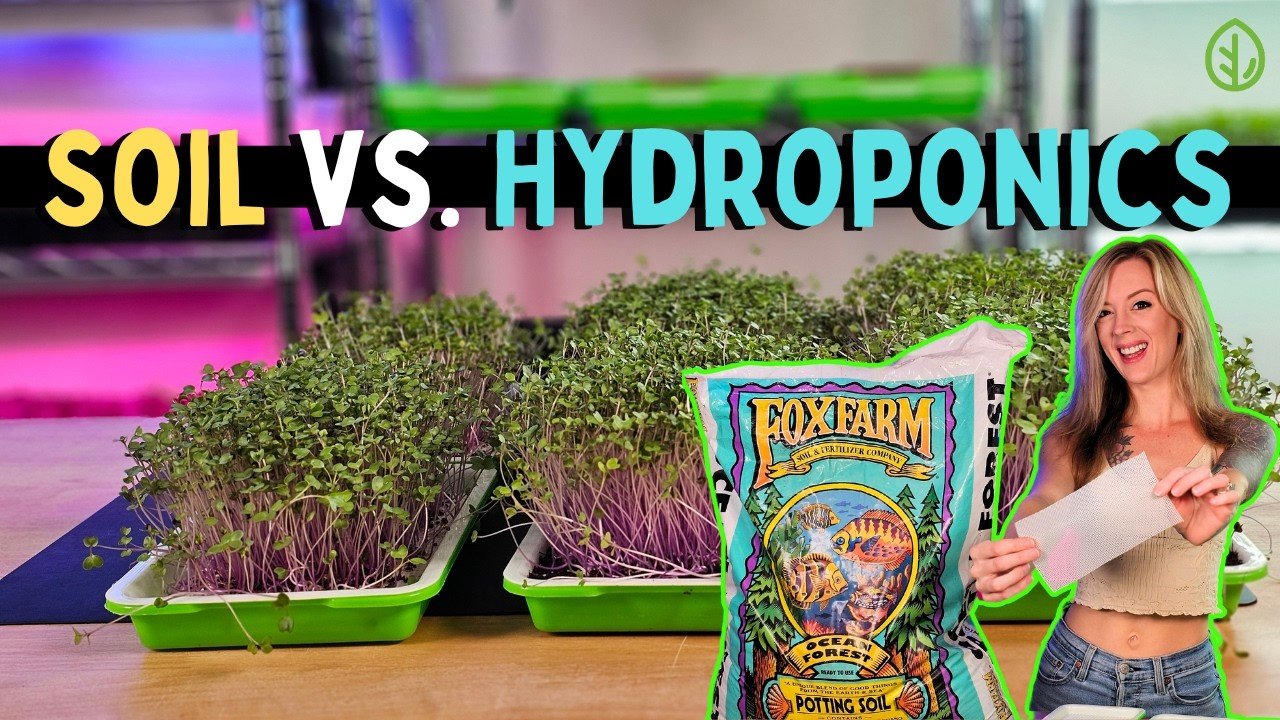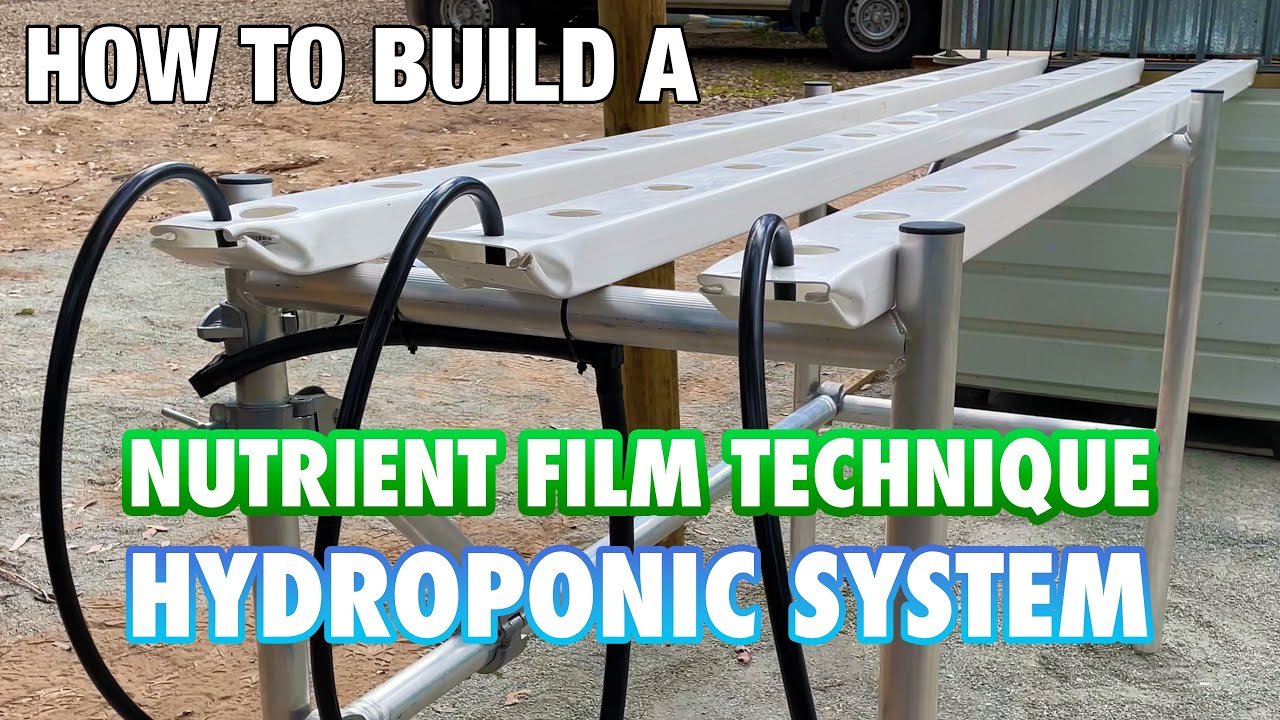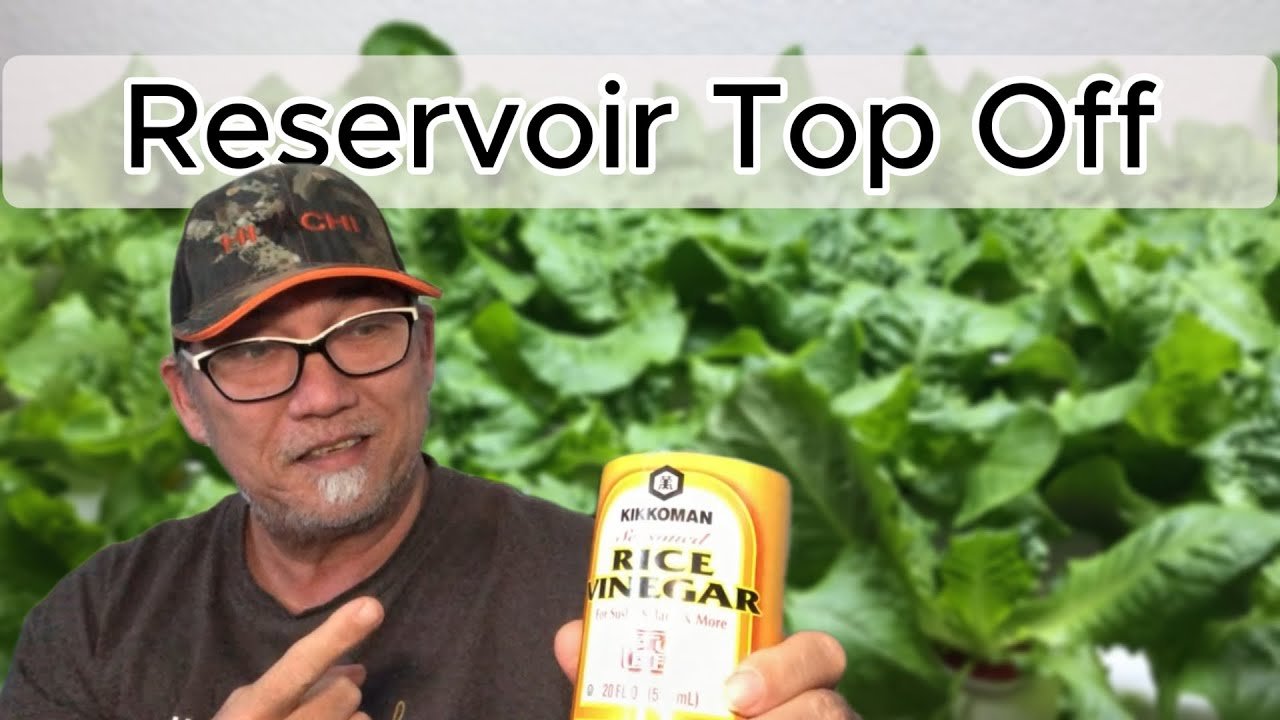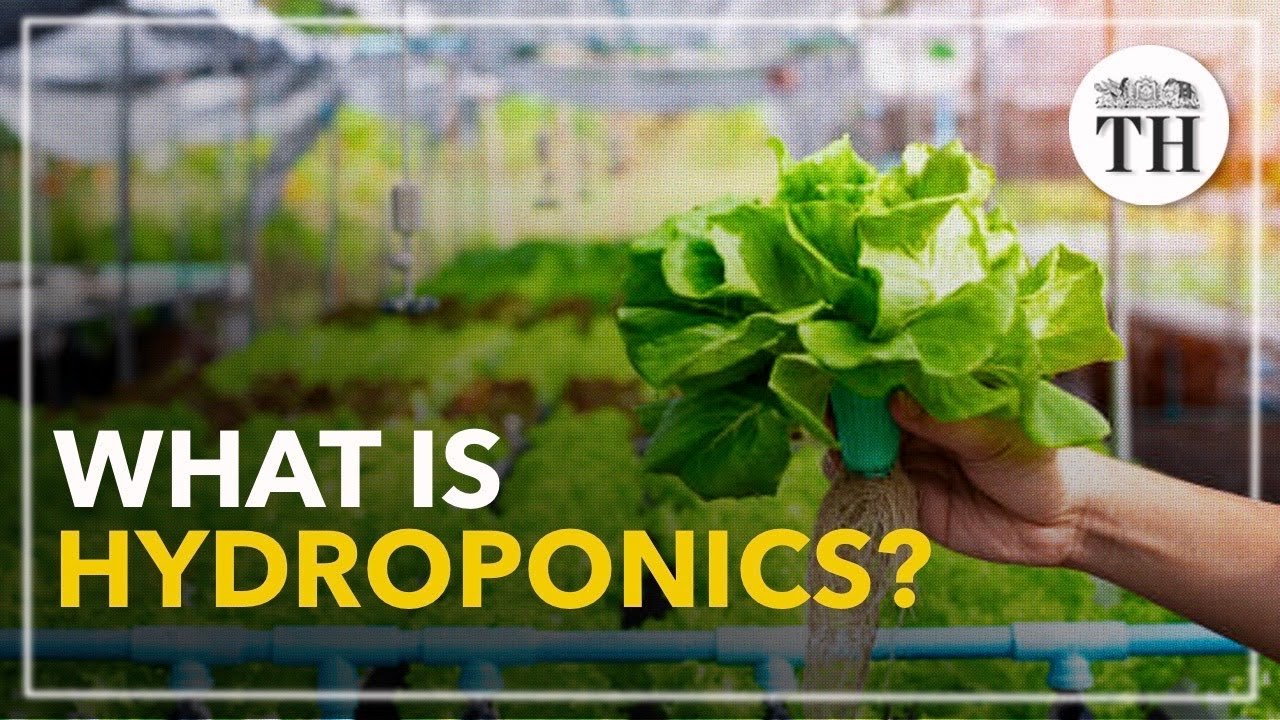My Aquaponics Adventure in Ithaca: Lessons from the Backyard
One crisp fall morning in Ithaca, with the leaves dancing shades of orange and gold, I decided it was time. I’d been reading about aquaponics for weeks—how you could combine fish farming with growing plants—essentially creating a mini-ecosystem. It sounded like some magical alchemy, and I thought, “Why not give it a shot?”
So, armed with enthusiasm that could rival a kid in a candy store, I set out to build my aquaponics system in our little backyard. My neighbor Betty, who had been raising tomatoes for years, offered some friendly advice. “Just remember, dear, it’s a growing process,” she said, chuckling. I smiled, convinced I was going to nail it.
The Setup
I rummaged through my old shed, finding just about every item I thought would contribute to my ‘masterpiece.’ There was an old fish tank that had been gathering dust since my cat’s fascination with goldfish faded, a few plastic storage bins from the last garage sale, and a pump I once bought on sale for $5—you know, the kind that sounds like it might explode any second.
I planned to use tilapia—they’re resilient and grow fast. The idea was simple: fish waste would provide nutrients for the plants, and the plants would help filter the water for the fish. It felt revolutionary, almost poetic, in an engineer-meets-farmer kind of way.
The First Hiccups
I thought I had it all figured out. But from the moment I connected the pump and filled the tank, I quickly learned that not everything is smooth sailing. For starters, the water smelled like something from a horror movie—fishy and unsettling, and I wondered if I had mucked something up already. Maybe the pump wasn’t working right because it kept producing this awful gurgling noise.
After an hour of tinkering, I almost threw in the towel. But then I remembered Betty’s words about growth, and so I pushed through—donning my trusty gloves, checking all the tubes and valves. My hands smelled like a questionable combination of fish food and dirt, but I had to see this through.
The Green Monster
Fast forward a couple of weeks. I thought I’d nailed it. Everything seemed to flow well: the fish were swimming around happily, and the first sprouts of basil and lettuce began to peek their little heads above the water. Then came that fateful day—the day the water turned green.
I thought it might be a natural bloom of algae, a common and harmless part of the process. But as days went by, that vibrant green turned into a thick, murky soup where I could hardly see my tilapia. Alarm bells went off, and I panicked. After a few frantic videos on the internet and grasping for straws, I found that I needed to clean the system—not just for aesthetics, but for the health of my fish and plants.
I scrubbed the tank for what felt like hours, cursing. Why hadn’t anyone mentioned the algae monster? Probably because they all wanted their story to sound like a fairy tale.
The Drama of the Fish
Speaking of the fish, there was a moment that may as well have been a scene from a tragicomedy. One afternoon, I came out to check on them, coffee in hand and optimism in my heart, only to find one little tilapia struggling by the surface. My heart sank. He didn’t make it, and I felt like I’d failed. I almost gave up then—after all this work, I hadn’t even had them for a month.
But then I remembered some advice I’d stumbled upon: “You’re farming, not just keeping pets.” It felt harsh at first, but with aquaponics, it’s a reality. I learned I had to balance my system better—monitor the pH levels, the ammonia levels—just about everything that had felt like a numbers game became crystal clear that day.
Pieces of Joy
Despite the bumps—no, let’s call them mountains—along the way, pockets of joy emerged. Eventually, I harvested my first basil and mixed it into a spaghetti dish. I remember that first taste, looking out at my little set-up, thinking, "I grew this!" It was exhilarating.
And the lettuce? Well, I’ve served that in countless salads. I even had my friends over for a dinner party, eager to show off my aquatic farm. “You made this?” they asked incredulously, and I nodded, savoring the moment of triumph, even amidst the backdrop of my rocky journey.
The Takeaway
Looking back now, what surprised me most wasn’t just the labor and mistakes, but the lessons learned along the way. Aquaponics isn’t about perfection. It’s a beautiful chaos that unfolds in your backyard, filled with hurdles, laughter, some heartache, and ultimately, pride. It’s a lesson in patience, managing disappointment, and finding joy in small victories.
So, if you’re thinking about diving into aquaponics, or frankly any kind of home project, don’t worry about getting it perfect. Just start. You’ll figure it out as you go. Who knows? You might just end up with a backyard full of lush greens and happy fish, just like me.
Ready to join the growing community? Join the next session to dive deeper into your aquaponics journey!

-1024x576-150x150.jpg)





Leave a Reply